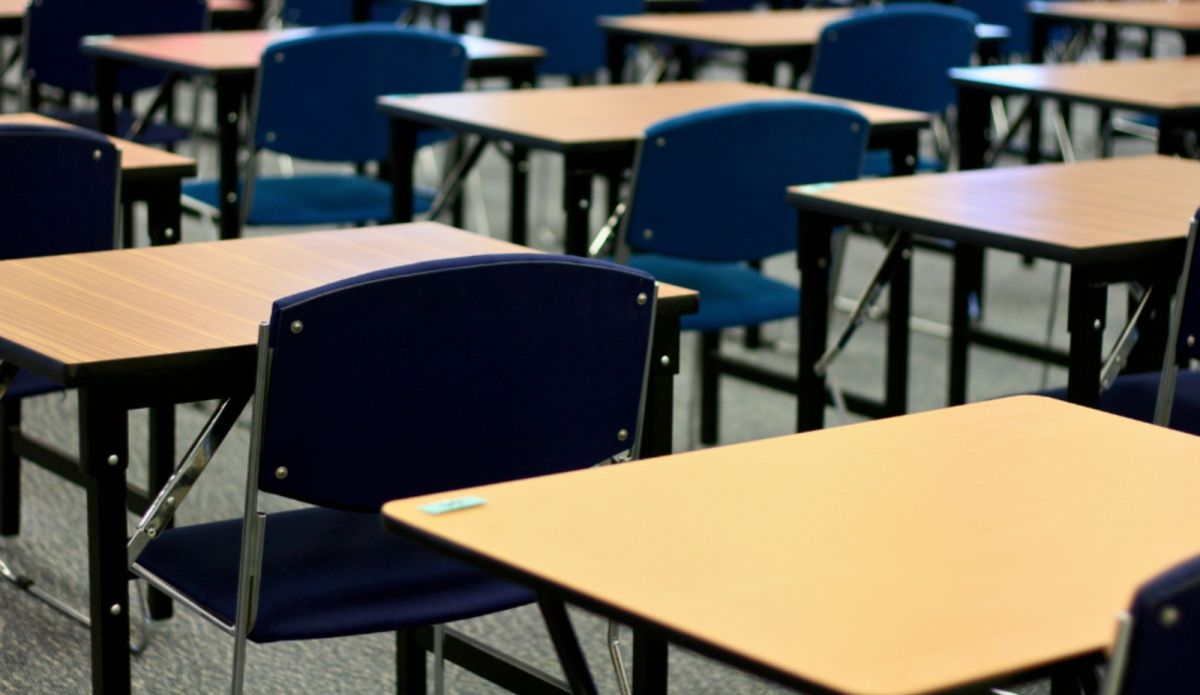When Should I Start Revising for GCSEs? Key Milestones for Every Year Group

When should you start revising for GCSEs? It’s a question that many students and parents ask, and the answer varies depending on the year group. However, one thing is certain: starting early always leads to better results. Effective revision isn’t about cramming – it’s about building strong study habits over time. This guide outlines key milestones for each year group, helping you prepare in a structured and stress-free way.
Year 9: Building Strong Foundations
GCSE preparation starts earlier than you might think. Although Year 9 isn’t officially part of your GCSE years, this is the time to establish solid foundations that will make future revision much easier.
At this stage, focus on improving your core skills in maths, English, and science, as these subjects form the basis of many GCSE courses. Identify the subjects where you may need extra help and begin addressing those areas early. Spending just 1-2 hours per week revising challenging topics can make a significant difference. Experiment with different revision techniques, such as flashcards or mind maps, to find what works best for you. Keeping well-organised notes will also be beneficial when you enter Year 10 and start tackling GCSE content in depth.
Year 10: Gaining Momentum
By Year 10, you have chosen your GCSE subjects, and it’s time to build serious knowledge. Regularly reviewing class material is essential to prevent gaps from forming, which can become overwhelming in Year 11.
One of the best ways to keep up is to review your lessons each week rather than waiting until exams approach. Practicing past paper questions can also be helpful in familiarising yourself with exam formats and improving your ability to apply knowledge effectively. During non-exam periods, dedicating around 3-4 hours a week to revision can help you stay on top of your subjects. Creating a balanced study schedule ensures you cover all subjects evenly and avoid last-minute cramming. Techniques such as active recall – testing yourself after lessons instead of just re-reading notes – can significantly boost retention.
Year 11: Full-Scale Preparation
Year 11 is the most crucial time for GCSE revision. This is when you consolidate everything you’ve learned and prepare for exams in a structured and focused way.
Identifying your weaker areas and addressing them with targeted revision should be a priority. Mock exams are incredibly useful at this stage, as they help gauge your progress and refine your exam strategies. Creating a detailed revision timetable that allocates extra time to weaker subjects will help ensure a balanced approach. By this stage, you should be practicing timed past papers weekly to simulate real exam conditions and build confidence.
It’s essential to start revising early in the academic year – don’t wait until spring. The more consistent you are with revision throughout the year, the less stressful the final months before exams will be. A mix of revision techniques, including mind maps, flashcards, and summarising notes, can enhance retention and make studying more engaging.
Final Thoughts
The key to GCSE success is consistent effort, starting as early as Year 9. By following this structured timeline, you’ll build confidence and avoid last-minute panic. Effective revision is about quality over quantity, so focus on active learning techniques and regular reviews rather than cramming. Start today, and you’ll thank yourself when exam season arrives.
At ClassTutor.co.uk, we are here to support you every step of the way. Whether you need help creating a personalised revision plan, practicing past papers, or mastering challenging topics, our expert tutors are ready to guide you toward exam success.

